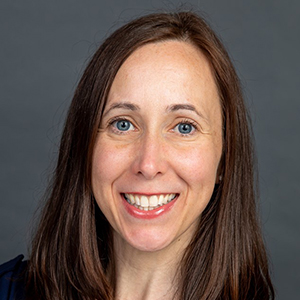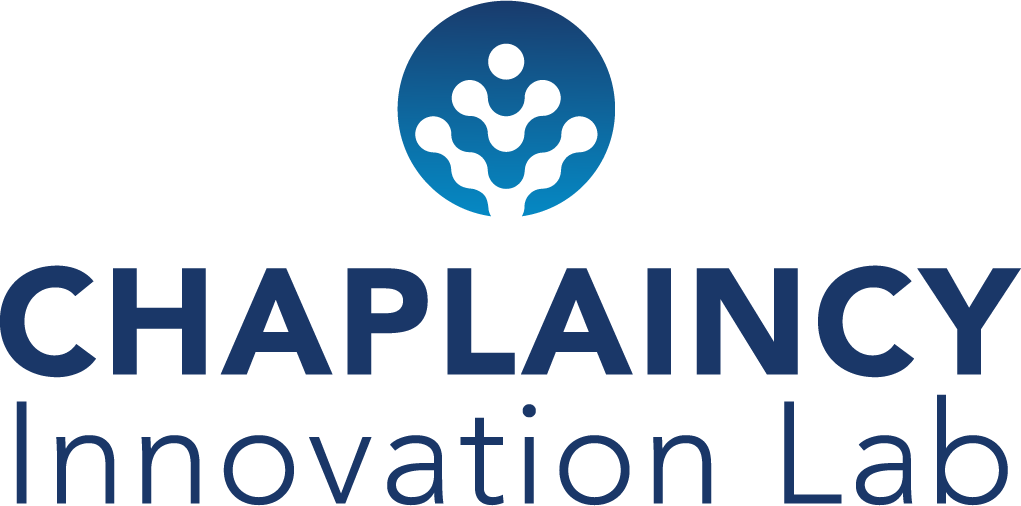In light of pandemic-related isolation conditions and the compounded chronic stress of 2020, we spoke with faith leaders and experts about the mental health of teens and young adults. With rising rates of suicide and mental health crises among our young people, it is more important than ever to address the care strategies every chaplain and congregational leader should know.
On September 2, 2020 the Rev. Dr. Katie Givens Kime, Director of Religion and Civic Engagement at Odyssey Impact led a panel of faith leaders and chaplains working on the front line with young adults and teens who shared their wide-ranging experiences in responding in this moment.
Resources to help lead congregations, communities and classroom discussions on the mental health of teens and young adults.
To help you in your work, please review the video excerpts of the intimate conversation, curated by Rev. Dr. Jill Snodgrass, Loyola University.
Toxic Positivity:
When the Glass Half Full Overflows
Curated Video Clip #1
Duration [1:22 min]
Intersectionality and the Stigma
of Mental Illness
Curated Video Clip #2
Duration [6:50 min]
Care Strategies to Come Alongside
Teens and Young Adults
Curated Video Clip #3
Duration [4:50 min]
Panel Moderator:

Rev. Dr. Katie Givens Kime
Director of Religion and Civic Engagement
Odyssey Impact
Panelists:
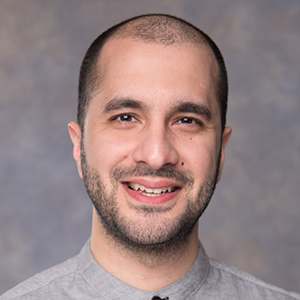
Imam Jawad Bayat
Chaplain and ACPE Educator
Center for Spiritual Care
Cleveland Clinic
Cleveland, OH

Rev. Dr. Danielle J. Buhuro
ACPE Certified Educator/CPE Supervisor
Advocate South Suburban Hospital & Advocate Trinity Hospital
Chicago, IL
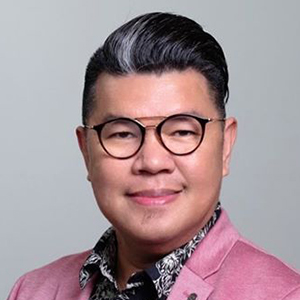
Rolf R. Nolasco, Jr.
Professor of Pastoral Theology
Garrett-Evangelical Theological Seminary
Evanston, IL
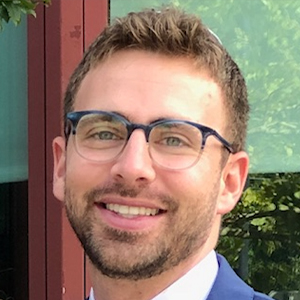
Daniel Warshawsky
Branch Engagement Director
United Synagogue Youth
Chicago, IL

Rev. Dr. Scott Weimer
Senior Pastor (recently retired)
North Ave. Presbyterian Church
Atlanta, GA
Special thanks to our Co-Presenting Partners on this Live Town Hall:
The information contained on this website is drawn from a variety of sources about mental illness; however it is not a comprehensive study and the information is not intended to be used as a diagnostic tool. While through this website you are able to link to other websites, each website is independently operated and is responsible for the information contained on their site. We encourage anyone who thinks they may have a mental illness problem to seek out a qualified professional.




